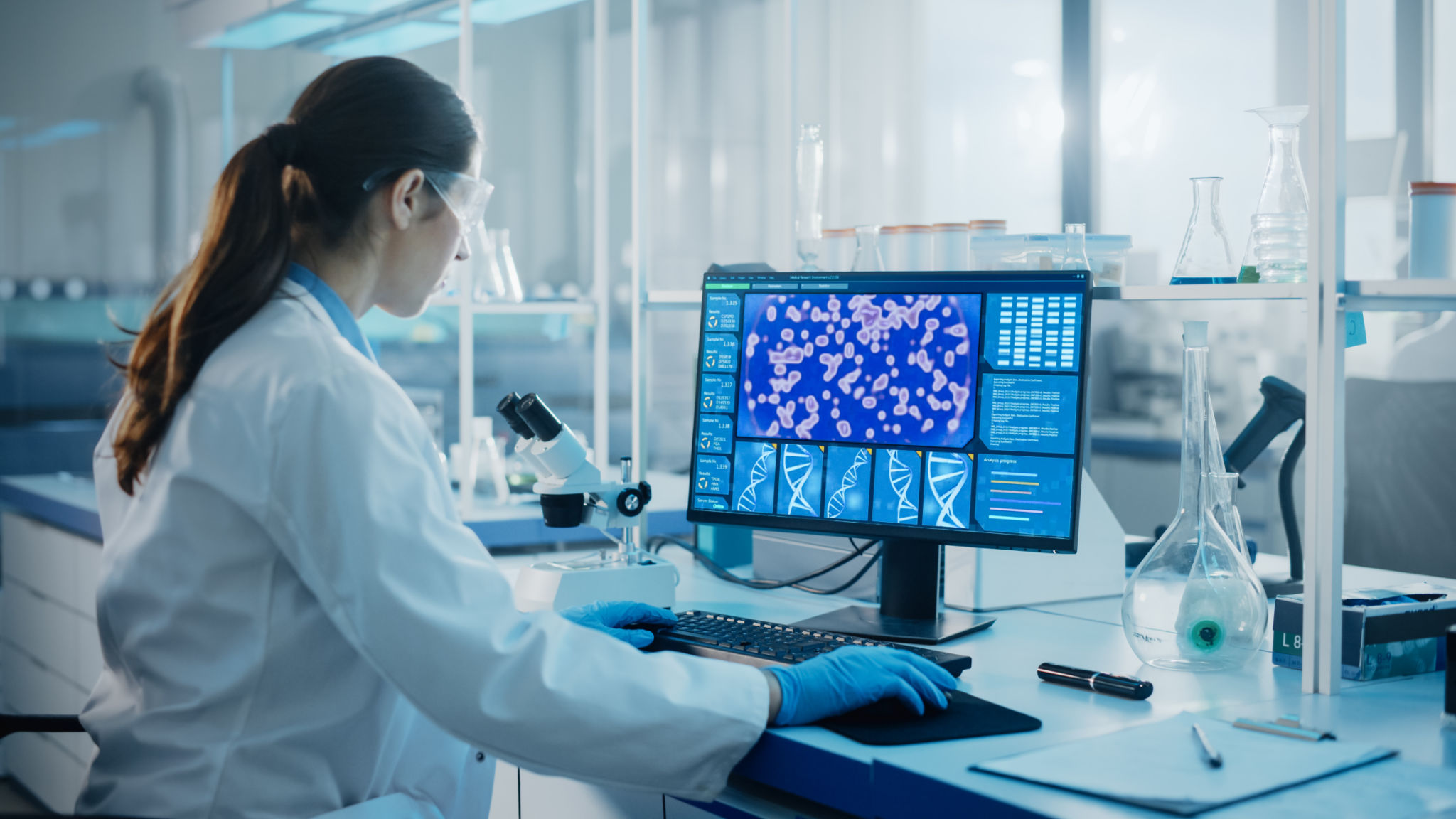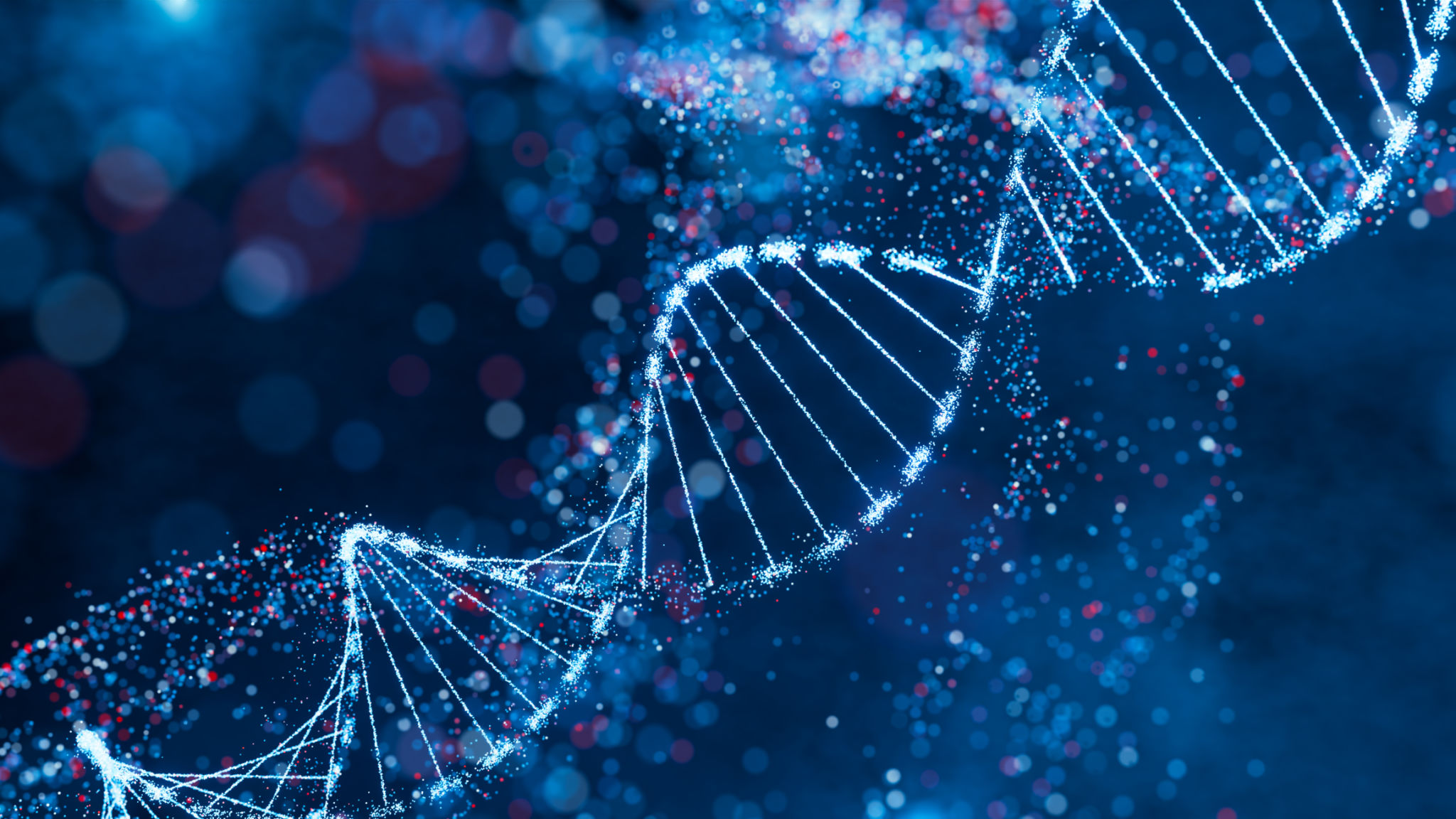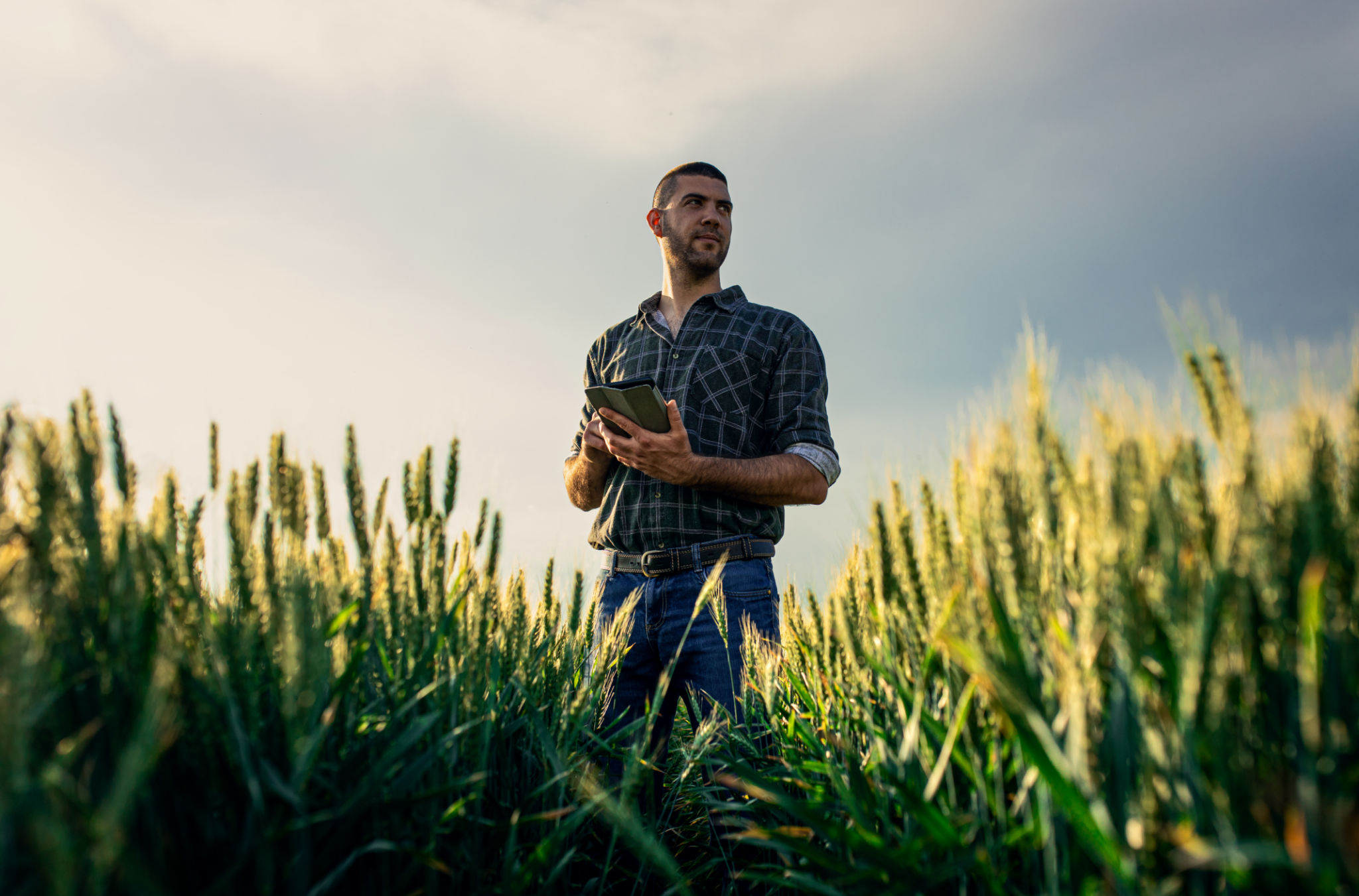Harnessing AI in Biotechnology: Revolutionizing Life Sciences
The Integration of AI in Biotechnology
In recent years, the integration of Artificial Intelligence (AI) into biotechnology has sparked a revolution in the life sciences. The synergy between these two cutting-edge fields is opening up unprecedented opportunities for innovation and advancement. AI's ability to analyze large datasets swiftly and accurately is transforming biotechnology by enabling more precise predictions, diagnostics, and solutions.
Biotechnology, traditionally reliant on laboratory experiments and manual data analysis, is now harnessing AI to streamline processes and enhance outcomes. This technological fusion is not only accelerating research but also reducing costs and improving efficiency. AI-driven biotechnology is poised to change the landscape of healthcare, agriculture, and environmental sustainability.

AI-Powered Drug Discovery
One of the most promising applications of AI in biotechnology is drug discovery. AI algorithms are capable of sifting through vast amounts of chemical data to identify potential drug candidates much faster than traditional methods. This accelerated process is crucial for bringing new medications to market at a fraction of the time and cost.
Moreover, AI enhances predictive modeling, allowing researchers to simulate how different molecules will interact with biological targets. This capability significantly reduces the need for extensive laboratory testing, speeding up the transition from discovery to clinical trials.

Genomics and Personalized Medicine
AI's role in genomics is another groundbreaking advancement. By analyzing genetic data, AI can identify patterns and correlations that would be impossible for humans to detect. This capability is paving the way for personalized medicine, where treatments are tailored to an individual's genetic makeup.
Through AI-driven genomics, healthcare professionals can predict disease susceptibility, understand complex genetic disorders, and devise personalized treatment plans. This not only improves patient outcomes but also transforms how diseases are managed on a global scale.

Sustainable Agriculture Through AI
Apart from healthcare, AI is revolutionizing agriculture by enhancing crop yield prediction, disease detection, and resource management. AI algorithms analyze environmental conditions, weather patterns, and crop health data to provide actionable insights for farmers.
By leveraging AI, farmers can optimize planting schedules, manage resources more efficiently, and reduce waste. This sustainable approach not only boosts productivity but also contributes to food security in an ever-growing global population.

Future Prospects and Challenges
While the integration of AI in biotechnology holds immense promise, it also brings challenges that must be addressed. Ethical considerations regarding data privacy, algorithmic bias, and the potential for misuse are critical issues that require careful deliberation and regulation.
Furthermore, the rapid pace of technological advancement means that staying updated with the latest developments can be daunting. However, the ongoing collaboration between technologists and biologists offers a pathway to overcoming these hurdles.
The future of biotechnology powered by AI is bright, with the potential to revolutionize life sciences in ways previously unimaginable. As researchers continue to harness the power of AI, we can expect groundbreaking innovations that will reshape our understanding of biology and medicine.

